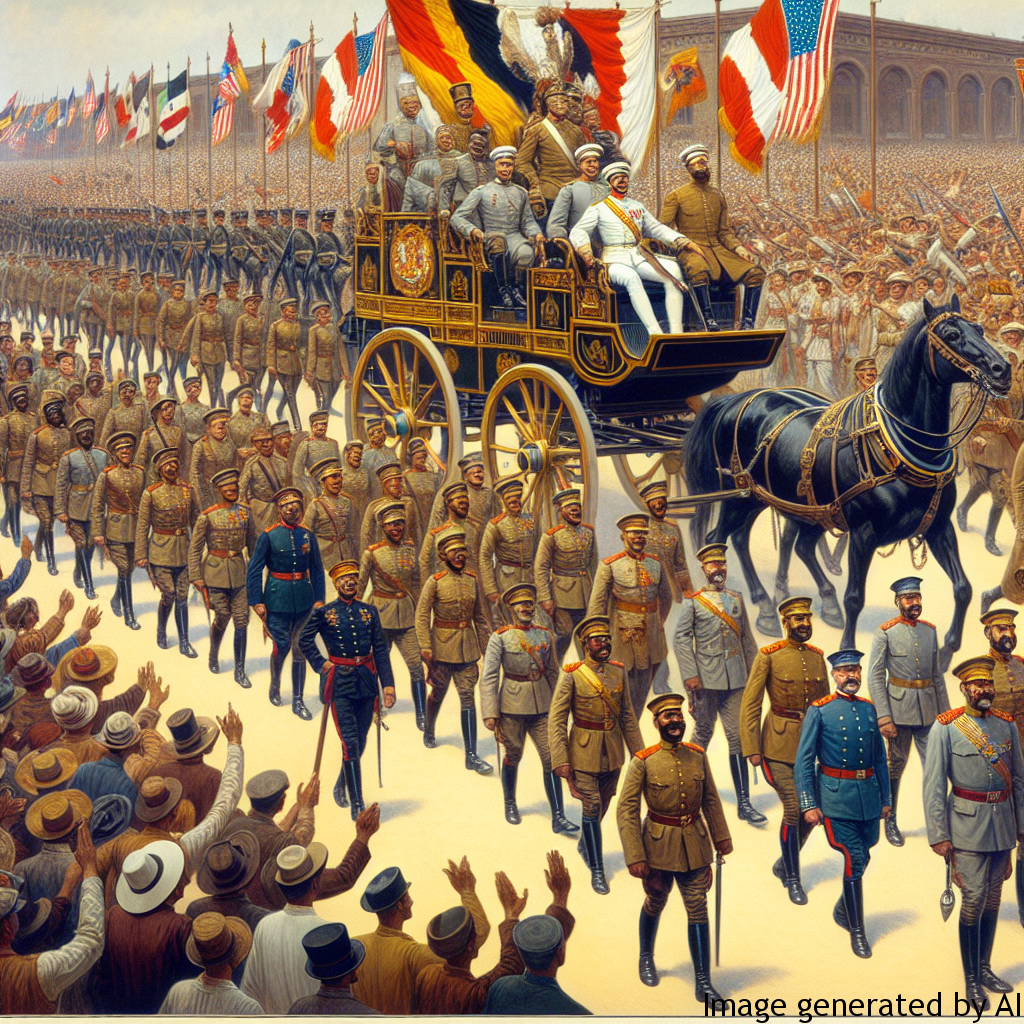Introduction
Military triumphs and parades have been a popular cultural and historical phenomenon in nations worldwide. They are a grand showcase of military power and morale, which often transpires as a celebration of male strength and state superiority. However, these military displays inadvertently reinforce certain gender expectations, particularly around the concept of masculinity. These expectations can have significant impacts on a man’s psychological health, shaping their behavior and roles in society.
The Descriptions of Gender Expectations and Its Impact on Men’s Psychological Health
Gender expectations are societal norms that dictate the roles, attitudes, and behaviors regarded as acceptable for men and women. For men, expectations often revolve around strength, power, authority, and resilience, which are showcased prominently in military parades and triumphs.
The Burden of Masculinity
The imperative to meet these rigid expectations of masculinity can be psychologically draining for men. The pressure to be ‘tough,’ ‘unemotional,’ or ‘successful’ often leads to feelings of inadequacy and low self-esteem, especially if they feel they are not meeting these expectations.
The Cultivation of Toxic Masculinity
Additionally, these traditional gender expectations can breed a form of toxic masculinity, where excessive emphasis on strength and dominance may lead to aggression, violence, and misogyny. They can also deter men from acknowledging mental health issues or seeking professional help, leading to increased risk of depression, anxiety, and suicidal tendencies.
Examples of How Gender Roles Can Impact Men’s Lives
For instance, men in certain societies are expected to be the primary earners for their families. This pressures many to prioritize work over personal well-being, leading to stress-related health issues. Similarly, the societal expectation for men to be emotionally stoic can stifle emotional expression, increasing their vulnerability to mental health disorders and preventing early detection or treatment. Furthermore, the idea that ‘real men’ are hypermasculine and display traits such as aggression may encourage harmful behaviors and attitudes.
Advice on Improving Psychological Health Considering Gender Roles
Acknowledging that gender roles can adversely affect men’s mental health is an essential first step. Societal expectations should not define individual worth or capabilities. Encouraging open discussions about feelings and emotions, promoting work-life balance, and challenging the harmful aspects of traditional masculinity are all instrumental strategies. In addition, it’s also crucial to debunk the stigma around men seeking therapy or psychiatric help.
Conclusion
In conclusion, military triumphs and parades, while a celebration of bravery and strength, further reinforce traditional gender roles and expectations that can negatively impact men’s psychological health. As society evolves, it is important to challenge and redefine these roles, fostering an environment where individual worth is celebrated beyond the traditional delineations of masculinity.

